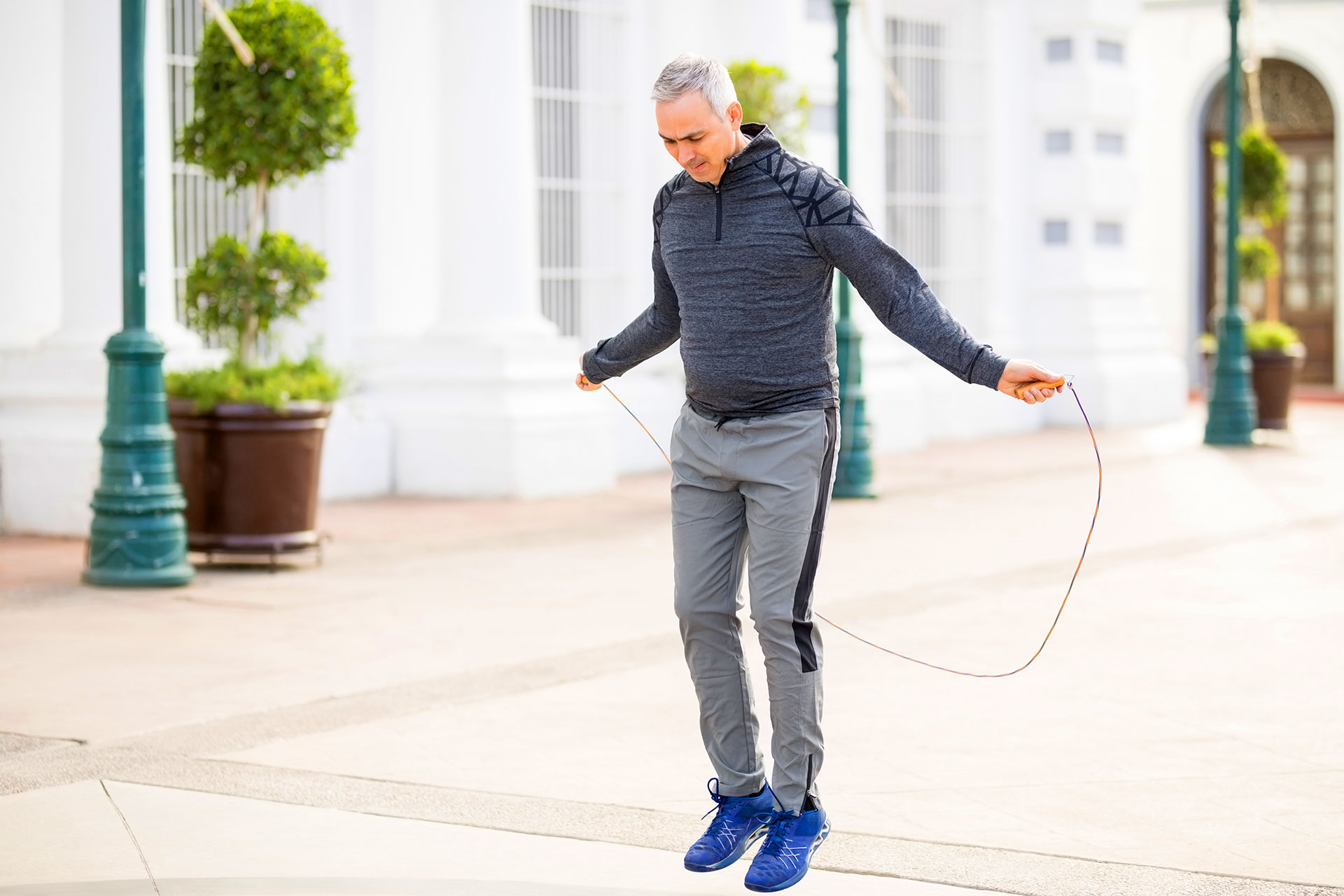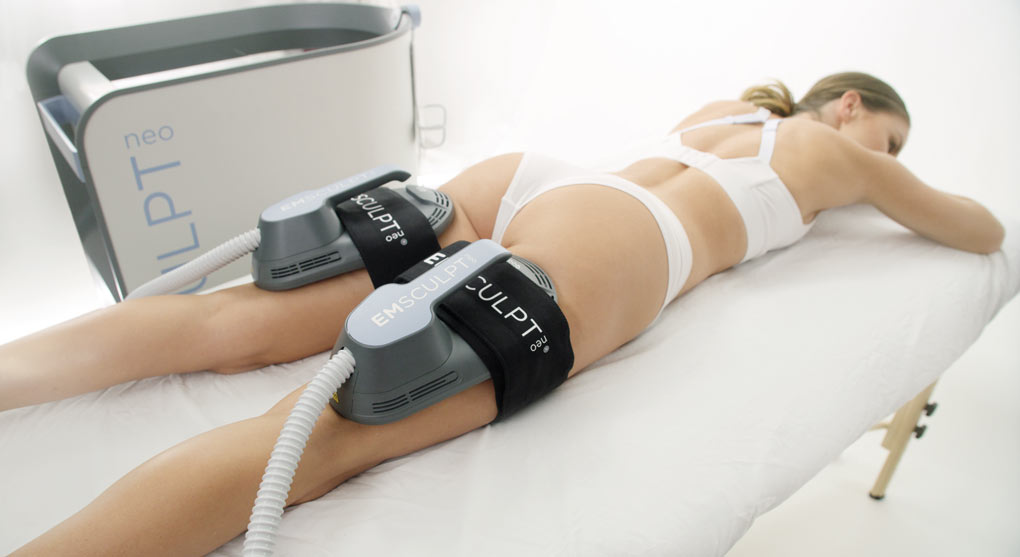They drift in quietly—through the air, the tap, the packaging, the couch. You won’t smell most of them. You won’t taste them. But your body will know. Your liver, your skin, your immune system—they’ll get the memo. Sometimes it’s a whisper. Sometimes it’s a scream. The truth is, toxic exposure in modern life is a …
They drift in quietly—through the air, the tap, the packaging, the couch. You won’t smell most of them. You won’t taste them. But your body will know. Your liver, your skin, your immune system—they’ll get the memo. Sometimes it’s a whisper. Sometimes it’s a scream.
The truth is, toxic exposure in modern life is a slow drip. But once you start noticing? You can’t unsee it.
Clean House, Not Just For Dust
The average home holds more synthetic chemicals than a laboratory did 100 years ago. And no, they’re not all lurking in some dark corner. Many of them are in the everyday:
- Flame retardants in your furniture
- VOCs (volatile organic compounds) off-gassing from your paint
- Phthalates in your air fresheners and plastics
- Pesticide residue hitching a ride on your produce
- Chlorine and heavy metals in your drinking water
This isn’t about panic. It’s about awareness. Because once you know where to look, you can make smarter choices.
Your Body Isn’t Paranoid—It’s Perceptive
Functional medicine teaches us that the symptoms we call “mysterious” often aren’t. Fatigue, brain fog, skin rashes, hormone imbalances, gut issues—sometimes they’re just your body waving a red flag about something you can’t see.
And the signal usually starts in the places you spend the most time: your home, your car, your office.
Where Toxins Love To Hide (And How To Evict Them)
Start with the usual suspects:
- Household cleaners:
If it smells like fake lemon and gives you a headache, toss it. Use vinegar, castile soap, or fragrance-free brands with simple ingredients.
- Plastic containers:
Especially when heated, they leach endocrine disruptors. Go glass.
- Tap water:
Invest in a solid water filter—especially one that reduces chlorine, fluoride, and heavy metals.
- Beauty and skincare products:
If you can’t pronounce half the label, your skin probably can’t process it either.
- Air: Open your windows.
Add plants. Use an air purifier with a HEPA filter and activated carbon. Indoor air can be five times more polluted than outdoor air.
The Invisible Stress Load
Here’s the part most people miss: toxins don’t just stress your liver. They stress your nervous system.
Your body knows when it’s in a clean environment. It can rest there. Heal there. Detox naturally.
When it’s not? Even your sleep is affected. Your hormones get thrown off. Your immune response starts guessing instead of knowing.
So removing toxins isn’t just about eliminating the bad stuff. It’s about restoring safety signals.
Don’t Aim For Perfect—Aim For Progress
You won’t detox your entire life in a weekend. And that’s okay.
Start with the space you breathe, the water you drink, the products you use daily. The impact compounds, just like the exposure once did—but now, in your favor.
Your body is built to heal. You just have to stop filling the bucket so it can finally start to empty.








